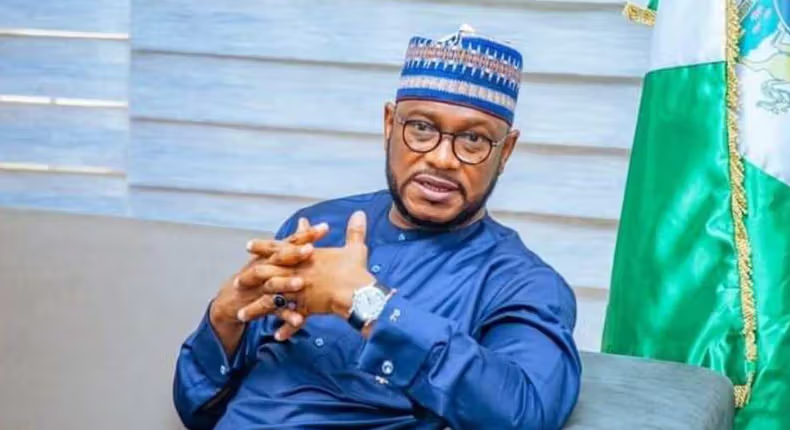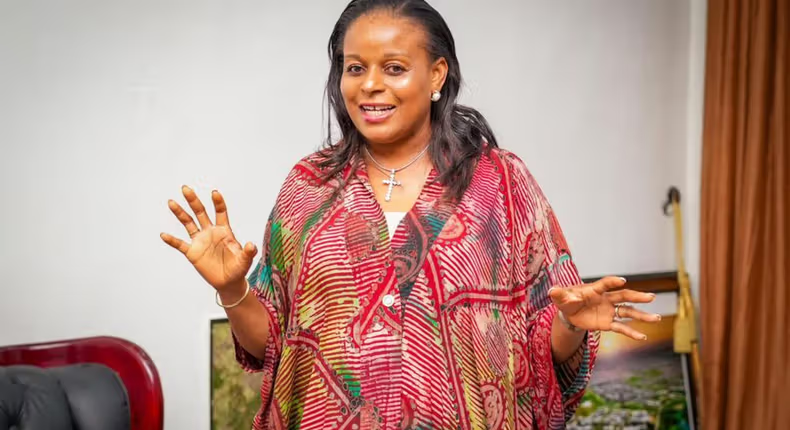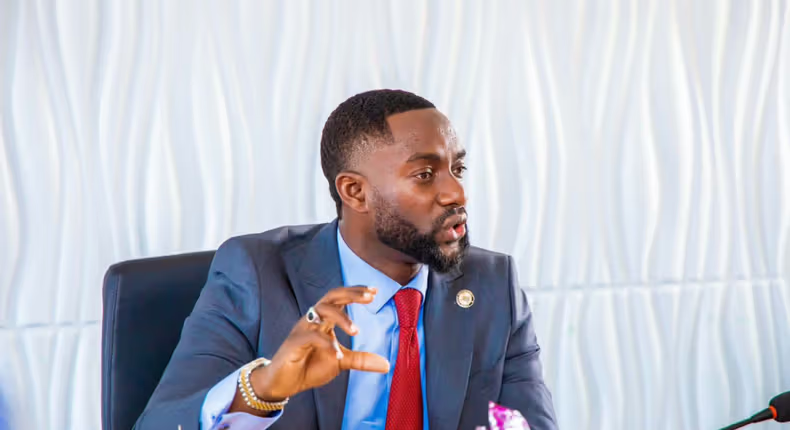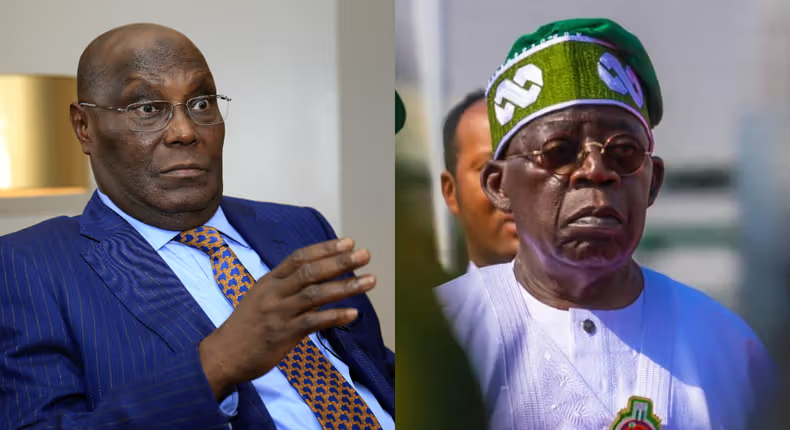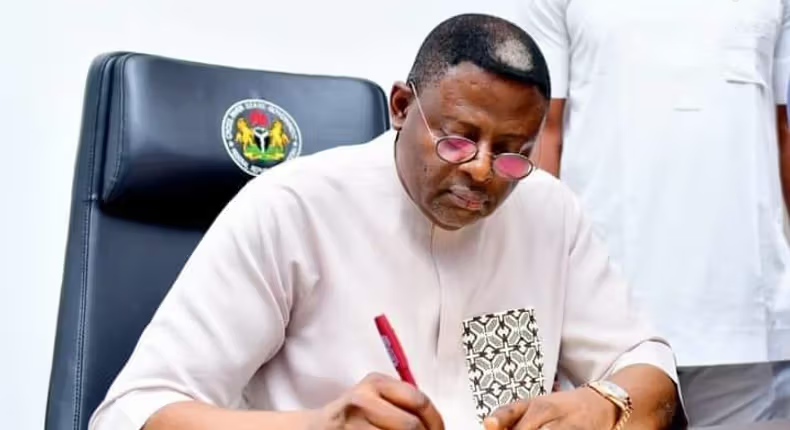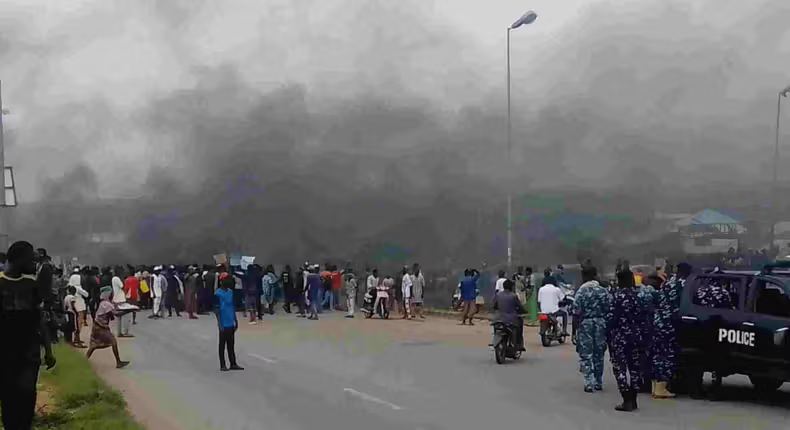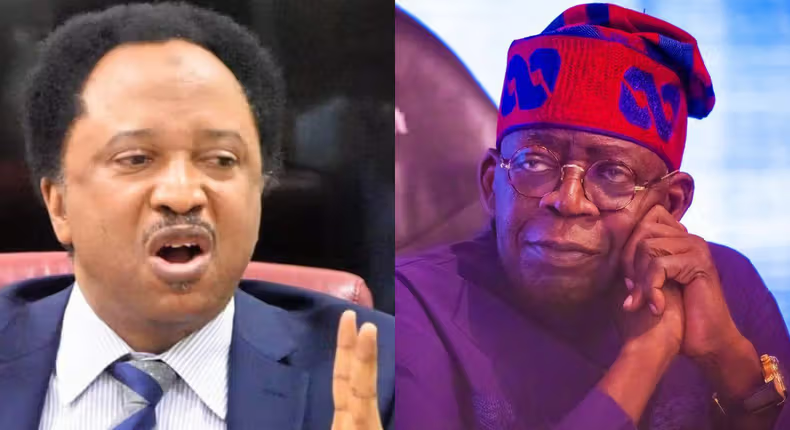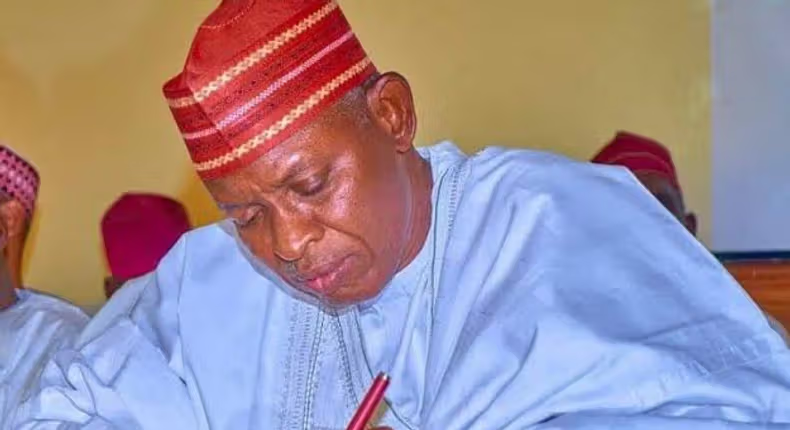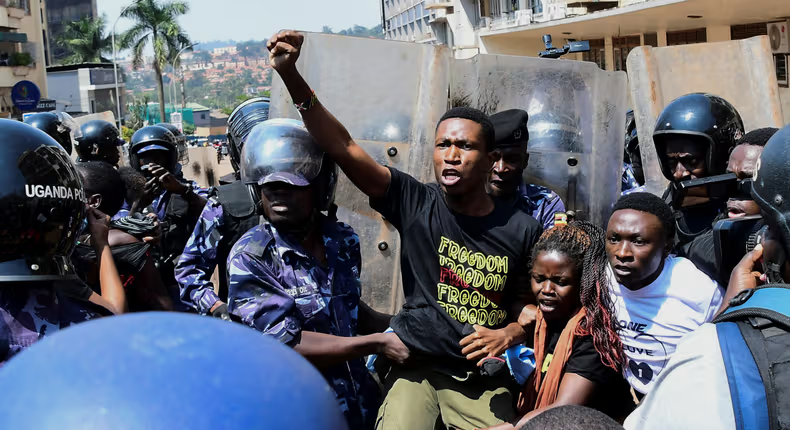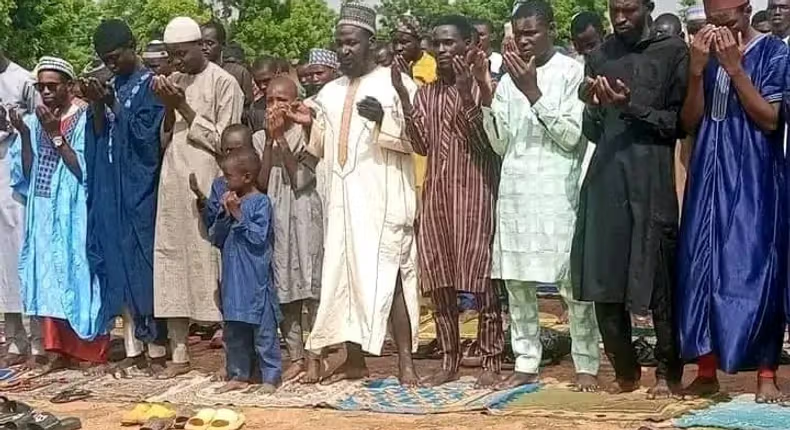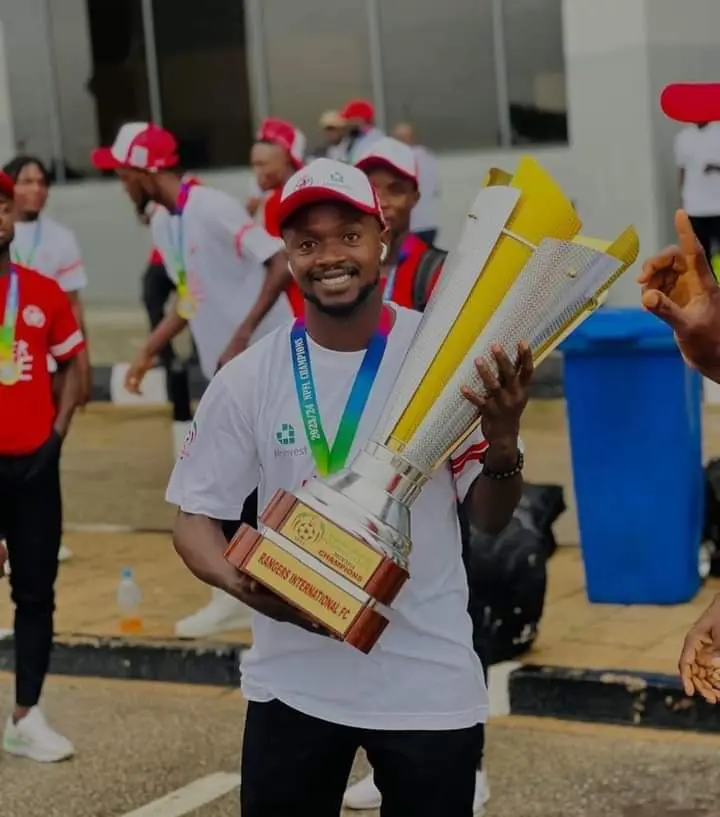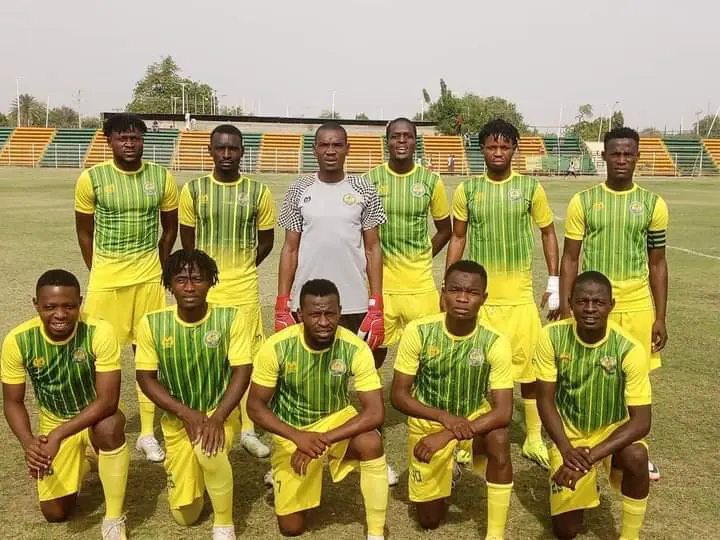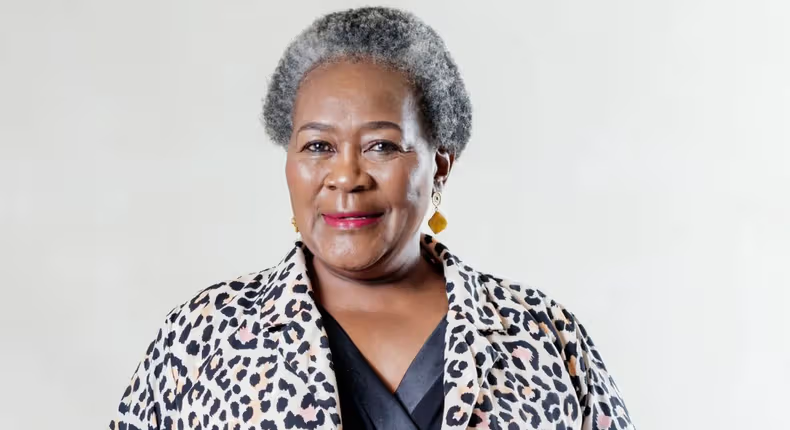The Zamfara State Government, through its Commissioner for Budget and Economic Planning, Abdulmalik Gajam, has denied reports circulating on social media that ₦19 billion was allocated for kitchenware for Governor Dauda Lawal. At a media briefing in Gusau, Gajam clarified that this information is false and mischievous, aimed at misleading the public.
Gajam emphasized that the current administration under Governor Lawal has focused on reducing spending to save for the state’s future. He urged media houses and stakeholders to verify information before publishing to avoid spreading unverified news. The government is committed to transparency and welcomes scrutiny from the media, provided it is done with good intentions.
The Commissioner highlighted that such false information could provoke unnecessary reactions among the people of Zamfara. He called on media organizations to act responsibly and ensure that they disseminate only authentic and verified information.
Gajam also outlined the principles behind Lawal’s 2024 “Budget of Rescue,” which aims to generate more revenue, reduce expenditure, and ensure transparency in the release of public funds. The administration’s expenditures are designed to benefit the people of Zamfara, reflecting a commitment to transparency and fiscal responsibility.

